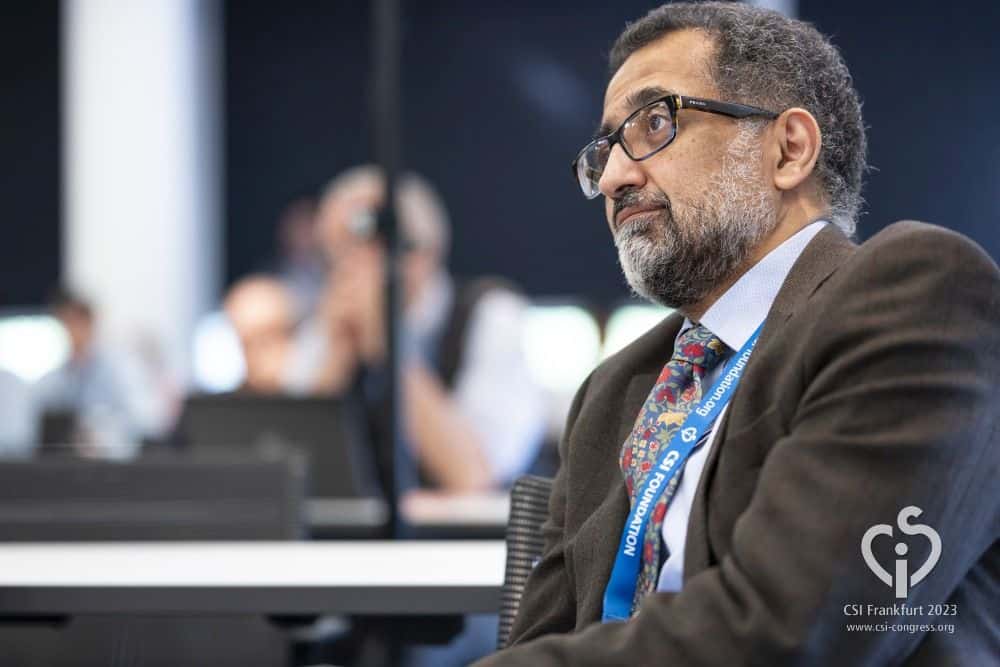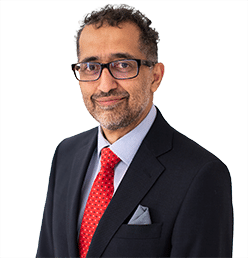If you’ve been wondering what happens at a cardiology appointment, this blog will walk you through everything you need to know. A cardiology appointment is an opportunity for a heart specialist to evaluate your cardiovascular health, whether you’re experiencing symptoms or managing a known condition. In this post, we’ll help you understand the process, what to expect, and how to make the most of your visit.
What is a Cardiology Appointment
A cardiology appointment is a consultation with a specialist in heart health. The aim is to assess your heart function, diagnose any issues, and discuss a plan of action if needed. If you’ve had symptoms like chest pain, palpitations, or breathlessness, this is the chance to explore them with an expert.
As we clarified what is a cardiology appointment, take a look below at the involved steps.
What happens at a cardiology appointment:
- Medical History Review: Dr. Iqbal Malik will go through your full medical background. This includes your personal and family history of heart conditions, medications you’re taking, and any recent test results or hospital stays.
- Symptom Discussion: Be prepared to talk about how you’re feeling. Whether it’s dizziness, fatigue, or something less obvious, describing your symptoms clearly helps guide the consultation.
- Physical Examination: You’ll likely have your blood pressure taken and your heart and lungs examined with a stethoscope. This quick check helps spot signs of any irregularities.
- Initial Tests: A simple test like an ECG (electrocardiogram) may be done during the appointment. It’s painless and helps identify any unusual rhythms or signs of heart muscle stress.
By the end of the visit, a cardiologist will explain what they’ve found and talk through the next steps. This might mean further tests, medication, lifestyle advice, or simply reassurance.
The appointment is designed to give you clarity about your heart health and confidence moving forward. Get in touch with us today to arrange a check-up.
Prep for Your First Visit
If you’re preparing for your first cardiology visit, it’s helpful to know what to bring and what to expect. So, what does a cardiologist do on your first visit? The goal is to get a full picture of your heart health.
Tips to help you prepare:
- Note Your Symptoms: Make a list of any signs or discomfort you’ve experienced, including when they started and what seems to trigger or ease them.
- Bring Your Medical Records: Include details of previous diagnoses, recent test results, and a list of medications (prescribed, over-the-counter, and supplements).
- Understand Your Family History: Ask relatives if there’s a history of heart disease, high cholesterol, or related issues. This is important information for your cardiologist.
- Be Ready to Ask Questions: Prepare any questions you might have about your condition, treatment options, or lifestyle advice. For example: what could be causing my symptoms? Do I need further testing? Are there changes I can make to improve my heart health?
By taking a few minutes to gather these details, you’ll make your appointment more efficient and ensure nothing important is missed.
Schedule Your Consultation Today
Now that you know what happens at a cardiology appointment, taking control of your heart health starts with a single step. If you’ve been referred or feel you need a check-up, don’t delay. The team at London Cardiovascular Clinic offers expert care in a supportive setting.
Contact us to book your consultation with Dr Iqbal Malik and take that step towards clarity.
Frequently Asked Questions
What to Wear to a Cardiologist Appointment
Opt for loose, comfortable clothing. You might be asked to remove your top for an ECG or other tests, so wear a two-piece outfit if possible. Avoid applying lotions or oils to your chest area on the day, as they can interfere with skin sensors.
What Happens When You Get Referred to a Cardiologist
If your GP or another doctor refers you to a cardiologist, it means they’d like a specialist to take a closer look at your heart health. At your appointment, Dr Iqbal Malik will review your referral notes, ask questions about your symptoms and history, and carry out a physical exam. He may also run some tests and, based on this, will decide if further testing or treatment is needed. A referral ensures you get the necessary expert advice for your specific situation.
Article by Dr Malik, a leading UK cardiologist. He works at One Welbeck Heart Health – London’s Largest Private Cardiology Group, and at Hammersmith Hospital, Imperial College Healthcare NHS Trust, London, one of the largest NHS Trusts in the UK.


